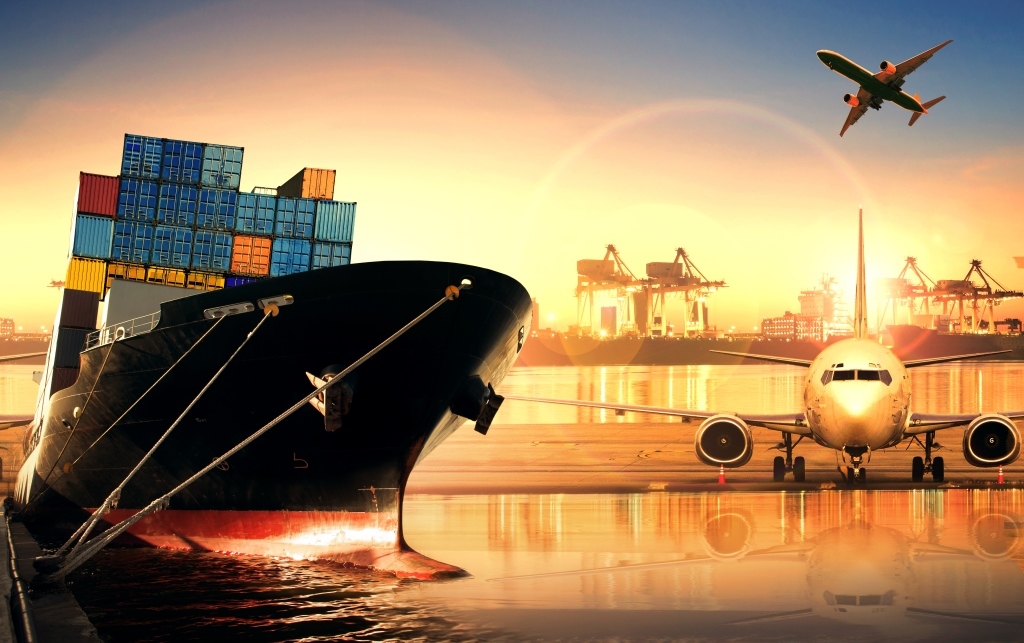Modal shift to air to continue as ocean shipping faces ongoing crunch
08 / 02 / 2021

Photo: Shutterstock
Current modal shift from ocean to air is expected to continue as chaos in the container shipping industry is expected to continue beyond the Chinese New Year.
Seko Logistics chief growth officer Brian Bourke said that this year its seafreight team had been offering customers airfreight capacity as an alternative to ocean shipping because of ongoing delays and high costs in the sector.
This is a reversal from the first half of last year when the forwarder’s airfreight team had been offering ocean shipping services because of high costs and capacity shortages in air due to the loss of bellyhold capacity and a spike in personal protective equipment demand.
Seko is not the only company to report a shift from ocean to air. Last week, charter broker Air Partner reported a 50% increase in demand as a result of ocean freight supply chain issues.
The issues in ocean shipping are caused by high demand, difficulties re-positioning empty containers to Asia and port congestion.
“There will be no slack season this year,” said Bourke. “The odds of there being a slack season in ocean shipping this year is getting lower by the day.
“The continued global restocking that is occurring, will continue to occur. When we talk to clients, we make recommendations that include things like routing through different ports, booking a month or two later but the problem with all those options is that a lot of other shippers are doing the same thing.
“This congestion is happening everywhere, and this is where our recommendations do shift to conversations about airfreight.
“It shows the flexibility that is required to navigate through this.”
The company is expecting this trend to continue as there seems to be no immediate end to delays in ocean shipping.
There are also expectations that the US will launch an aggressive stimulus package which will fuel demand.
Many had been hoping that the Chinese New Year holiday, which runs for around two weeks starting February 12, would give the container shipping industry a chance to catch up as factories closed for the period.
During the respite it was hoped carriers would be able to re-position empty containers in Asia and ports could catch up with backlogs.
Indeed, Seko Logistics vice president of global carrier management and ocean strategy Akhil Nair said that shipping lines had so far only announced around 60-65 Chinese New Year related sailing cancellations, compared with around 110 in previous years.
But Nair said that some South China factories were planning to stay open to during the holiday, with reduced staff numbers, to catch up with backlogs in production.
However, they were running out of warehouse space to store goods creating a new backlog.
Overland transport capacity is also constrained due to the New Year holiday and congestion at major container ports creating bottlenecks on the road.
In the Pearl River Delta region, feeder operators were struggling to clear backlogs putting pressure on river transport operations. They are refusing to accept cargo for a week to ten days to catch up. This is putting further pressure on road transport.
Terminals are also introducing new restrictions to try and catch up with demand.
He hoped that the next few weeks would help with empty containers returning to Asia, but many of the boxes had already been booked out and weather-related delays could dampen the benefits.
“We expect that the recovery post Chinese New Year won’t be a recovery but a continued elongation of the current situation,” Nair said.
There are also ongoing congestion issues in the US and Europe. The company said that outside Los Angeles and Long Beach ports there had recently been as many as 35 vessels waiting to berth.
While the vessels are waiting to berth, roughly 300,000 teu worth of containers are stuck on ships at those two ports alone.
The company said that Covid outbreaks were affecting port worker numbers in the US and this is ultimately what is causing delays in berthing.














